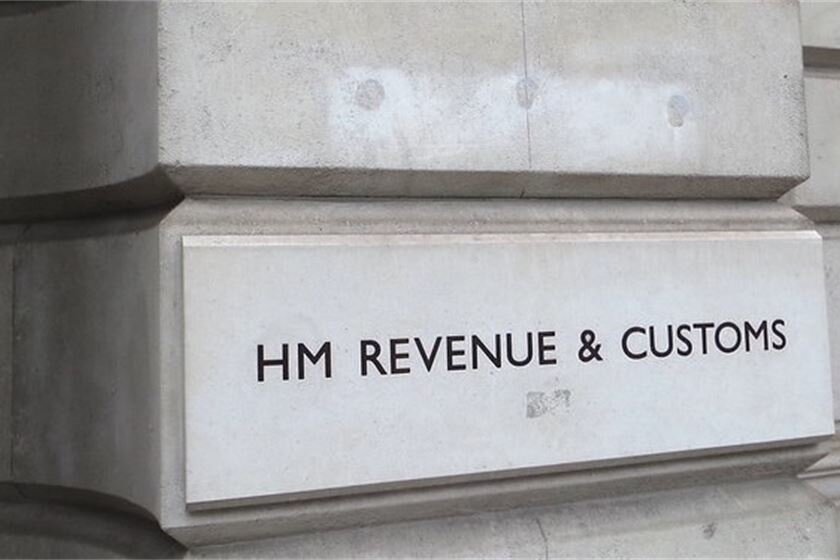Introduction
A government consultation on tax adviser registration is causing unease in the legal profession, with many warning that the proposed changes could dramatically expand who qualifies as a tax adviser. HM Revenue & Customs (HMRC) plans to introduce mandatory registration for all organisations offering tax advice or interacting with HMRC on behalf of clients.
This initiative, which will come into effect on 1 April 2026, is part of the government’s wider effort to raise professional standards, improve monitoring, and prevent unscrupulous actors from providing poor-quality tax advice.
However, legal bodies such as The Law Society have expressed serious concerns that the draft legislation is overly broad, potentially capturing legal professionals who do not routinely offer tax advice. This could include conveyancers handling Stamp Duty Land Tax (SDLT) returns, corporate lawyers drafting commercial contracts, or even practitioners preparing documents that incidentally touch on tax-related issues.
Critics argue that the changes could impose heavy compliance burdens on smaller firms, delay property transactions, and fail to deliver tangible benefits for taxpayers.
Government’s Aim to Raise Standards in Tax Advice
HMRC has made clear that its primary objective is to improve the quality and security of tax advice in the UK. The agency’s initial consultation identified widespread support for a mandatory registration regime, arguing that it will “enhance the security of tax adviser services and deter unscrupulous actors.”
The government has allocated £36 million to modernise registration systems and make compliance more efficient. HMRC believes that a robust register of tax advisers will allow it to monitor standards more effectively and remove advisers who are “objectively unable to meet HMRC’s Standards for Agents or cannot lawfully act as a tax adviser.”
Why Lawyers Are Concerned About the Proposed Changes
The Law Society has warned that the draft legislation risks casting too wide a net. The current definitions of “tax adviser” and “interaction with HMRC” are so broad that they could include legal professionals who are not tax specialists.
For example, a conveyancer who completes SDLT forms, a corporate solicitor drafting a commercial agreement that contains tax clauses, or a lawyer including indemnities in a contract could all be brought under the registration requirement. The Law Society argues that such professionals are not tax advisers in the conventional sense and should not be subject to a regime designed for those who routinely act as agents in tax matters.

Law Society’s Position and Key Recommendations
Richard Atkinson, President of The Law Society, has been vocal in calling for a more focused approach. “As currently framed, the draft legislation is cast too widely and risks imposing significant new burdens and uncertainty on advisers. That is particularly true for sole practitioners and small firms. Most importantly, it also does not deliver better outcomes for taxpayers,” he said.
The Law Society has put forward several recommendations to refine the proposals. These include limiting the scope to professionals who actively hold themselves out as tax advisers, clarifying the distinction between individual and firm registration, and ensuring that professionals already regulated by other bodies are not forced to duplicate compliance efforts.
Impact on Sole Practitioners and Small Firms
Smaller legal practices are particularly vulnerable to the administrative and financial pressures that could arise under the new regime. Compliance with another layer of regulation could consume significant resources, potentially diverting time and money away from client service.
The Law Society highlighted that many SMEs already face heavy compliance burdens. Introducing another requirement could disproportionately impact their ability to operate efficiently, potentially leading to higher fees for clients or a reduction in available services.
Implications for Conveyancers and Home Buyers
One of the most significant knock-on effects could be seen in the property market. If conveyancers are required to register as tax advisers to complete SDLT returns, home buyers might need to engage separate tax specialists for advice, further complicating the process.
This additional step could lengthen transaction timelines and add to costs, an outcome that would be particularly burdensome for first-time buyers and families navigating an already slow and expensive property process.

Next Steps Before the 2026 Implementation
The government has confirmed that mandatory registration will begin on 1 April 2026, giving stakeholders some time to adapt. HMRC has stated that it will continue to engage with industry representatives, including The Law Society, to refine the legislation and address concerns about scope and compliance costs.
Further consultation is expected to focus on the definitions of key terms such as “organisation” and “senior manager,” both of which have been flagged as ambiguous and potentially problematic when applied to large and complex legal structures.
Final Summary
HMRC’s efforts to create a safer, more transparent tax advice market are well-intentioned, but legal professionals warn that the current draft risks overreaching. By potentially forcing thousands of lawyers and conveyancers to register, the proposals could create unnecessary administrative burdens and slow down key legal processes such as property transactions.
At Pie, we closely follow developments like these because they directly affect how individuals and businesses manage their tax obligations. Clear and proportionate regulation is essential to maintain confidence in the system without adding unnecessary complexity.
The Law Society’s recommendations aim to strike a balance between improving standards and ensuring that regulation remains proportionate. The coming months will be crucial in shaping the final version of the legislation before its 2026 rollout.











